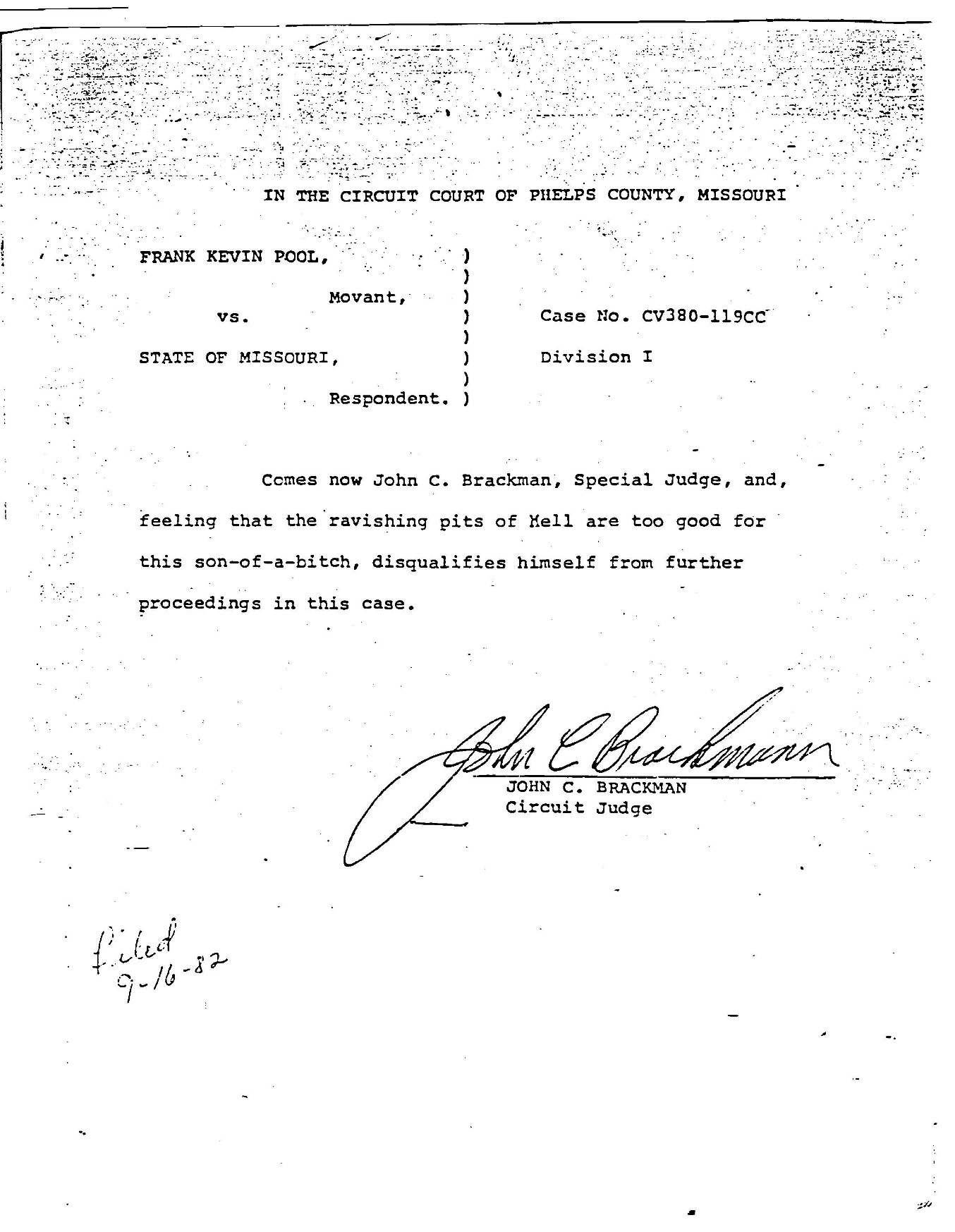Can you tolerate NAMBLA?
 You think you're open-minded? What if the North American Man-Boy Love Association wanted to distribute a newsletter in your town? What if they wanted to hold a local parade celebrating pederasty?
I am currently studying social psychology in graduate school, and I'm particularly interested in political psychology. One of my present research interests is political tolerance. "Political tolerance" refers to individuals' willingness to extend equal civil liberties to unpopular groups.
When political scientists and psychologists measure political tolerance, they often probe individuals for their ability to withstand the most offensive, outlandish groups and speech possible. For example, a liberal-minded person may be asked whether they would be willing to allow a rally for the Klu Klux Klan or some extremist, militaristic group. Paradoxically, a truly tolerant person must be willing to allow racially intolerant speech.
Political tolerance plays a cornerstone role in functioning democracies (at least, we think so). If voters can strip away the civil liberties of disliked political groups, those liberties lay on precarious ground indeed. If we cannot tolerate the words of anarchists or members of the Westboro Baptist Church, then we do not really believe in the boundlessness of speech at all.
Academics say as much. In reality, voters are not so tolerant.
You think you're open-minded? What if the North American Man-Boy Love Association wanted to distribute a newsletter in your town? What if they wanted to hold a local parade celebrating pederasty?
I am currently studying social psychology in graduate school, and I'm particularly interested in political psychology. One of my present research interests is political tolerance. "Political tolerance" refers to individuals' willingness to extend equal civil liberties to unpopular groups.
When political scientists and psychologists measure political tolerance, they often probe individuals for their ability to withstand the most offensive, outlandish groups and speech possible. For example, a liberal-minded person may be asked whether they would be willing to allow a rally for the Klu Klux Klan or some extremist, militaristic group. Paradoxically, a truly tolerant person must be willing to allow racially intolerant speech.
Political tolerance plays a cornerstone role in functioning democracies (at least, we think so). If voters can strip away the civil liberties of disliked political groups, those liberties lay on precarious ground indeed. If we cannot tolerate the words of anarchists or members of the Westboro Baptist Church, then we do not really believe in the boundlessness of speech at all.
Academics say as much. In reality, voters are not so tolerant.

